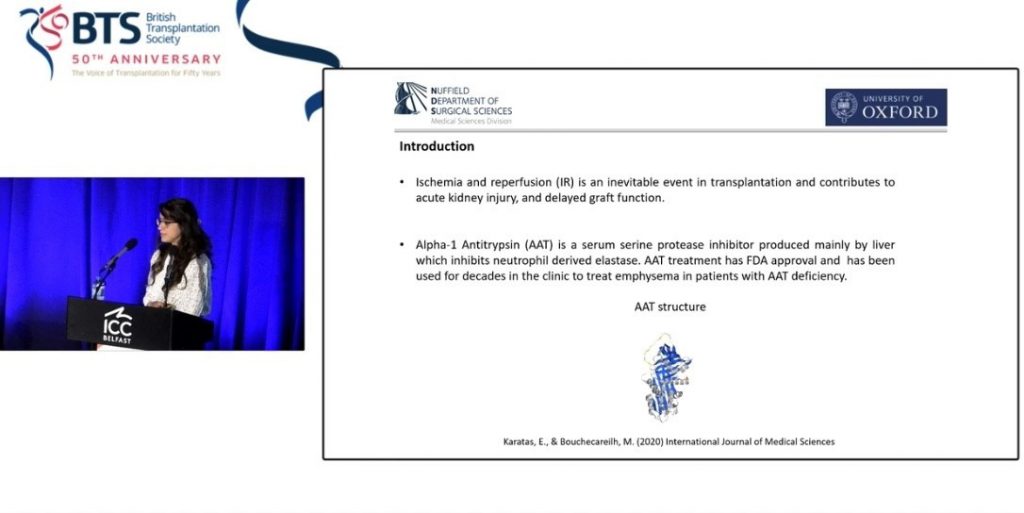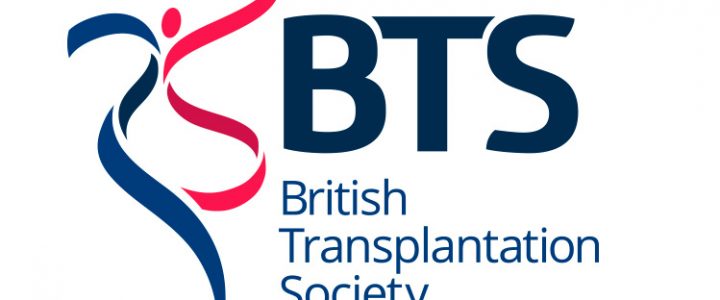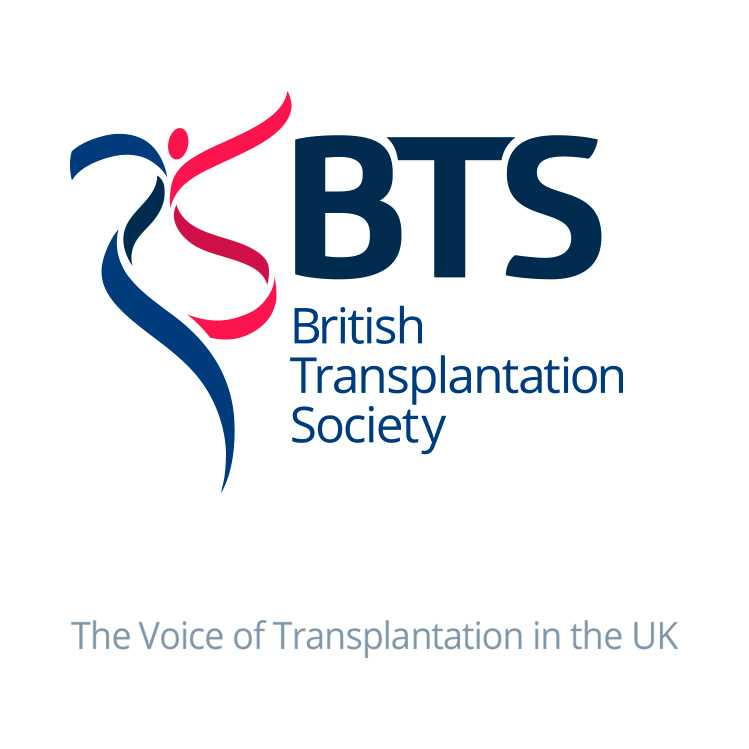After a year of virtual meetings and conferences, this year the British Transplantation Society (BTS) congress was again held in person at the ICC Belfast. The conference provided a great opportunity for clinicians and researchers to meet up and share the latest about their research and developments on their projects. Over the 3 days of the conference including 31 sessions, more than 100 talks were presented.

Our team from the Nuffield Department of Surgical Sciences (NDS) actively participated in the conference with a total 3 presentations and 1 poster. Dr Mohamed Elzawahry and Dr Letizia Lo Faro presented their research work on “Safety and feasibility of oxygenated hypothermic machine perfusion in the preservation of donor organs for pancreas transplantation” and “Normothermic machine perfusion of the liver supports protein translation and mitochondrial function while reducing protein degradation and metabolic imbalance: a proteomics study” in the “Dragon’s Den” and “Medawar medal presentations” sessions, respectively. The poster titled “Evaluation of kidney injury after treatment with CC-4066 during cold storage and assessment during normothermic reperfusion in a porcine ischemia reperfusion injury model” by Ms. Pommelien Meertens (as part of her Research Internship at NDS) was presented during the conference as well. I also had the opportunity to present my own research on “Investigation into the effect of Alpha-1 antitrypsin delivered via different preservation methods on ischemia-reperfusion injury in pig kidneys” as part of the “Science oral presentations” session. I received very interesting feedback on my project and had the great fortune to discuss details and plans with the audience and other attendees.
In addition to the scientific part of the conference, we also had the opportunity to enjoy and come together to celebrate the 50th Anniversary of the BTS. Over the course of the Gala Dinner themed “the 70s”, members shared good laughter and created wonderful memories. The conference also provided the opportunity to acknowledge and celebrate the lifetime of research work of several members of the BTS, including Professor Peter Friend from within our own department. Overall, this year’s BTS congress was a major success and a great sign that in person, scientific gatherings are back again for the better.


